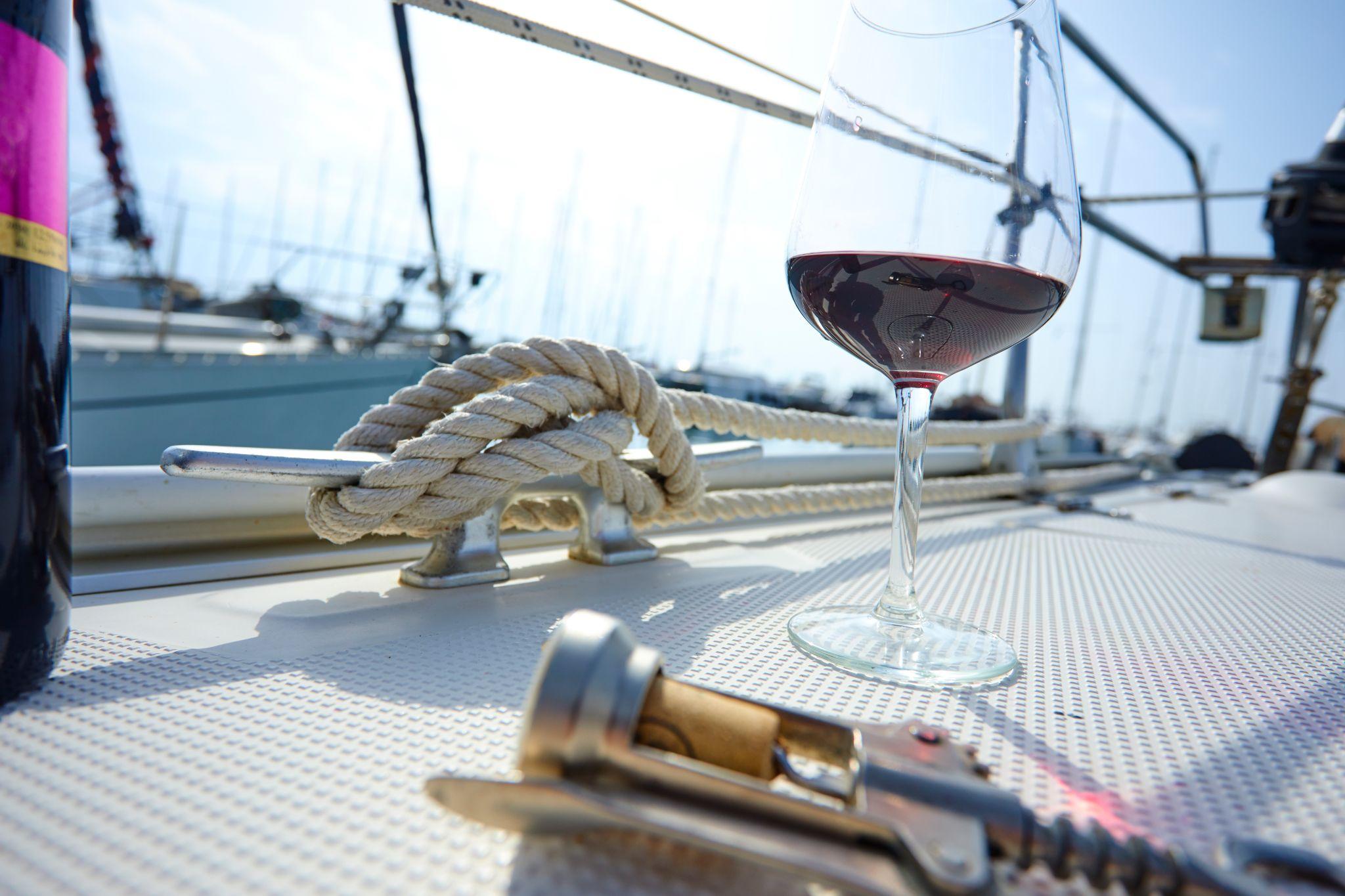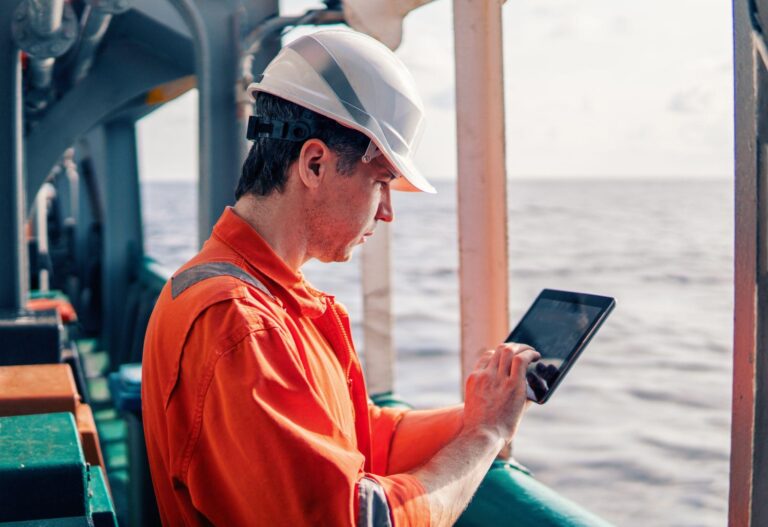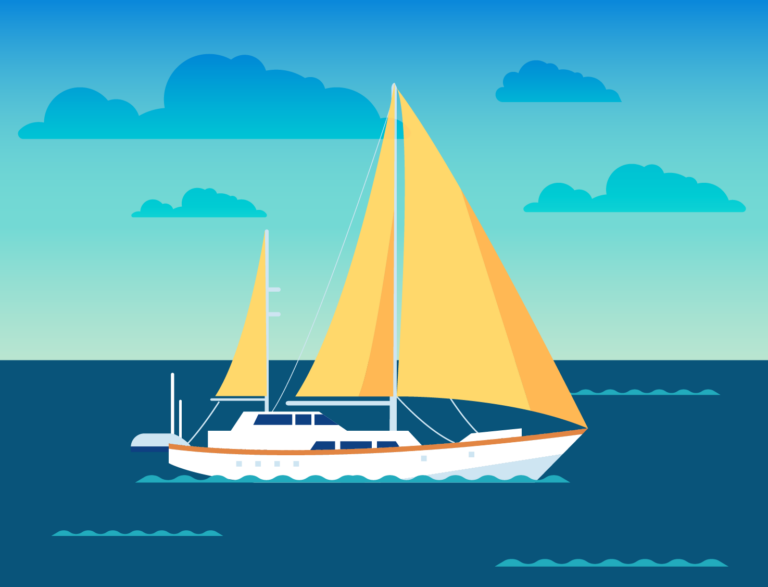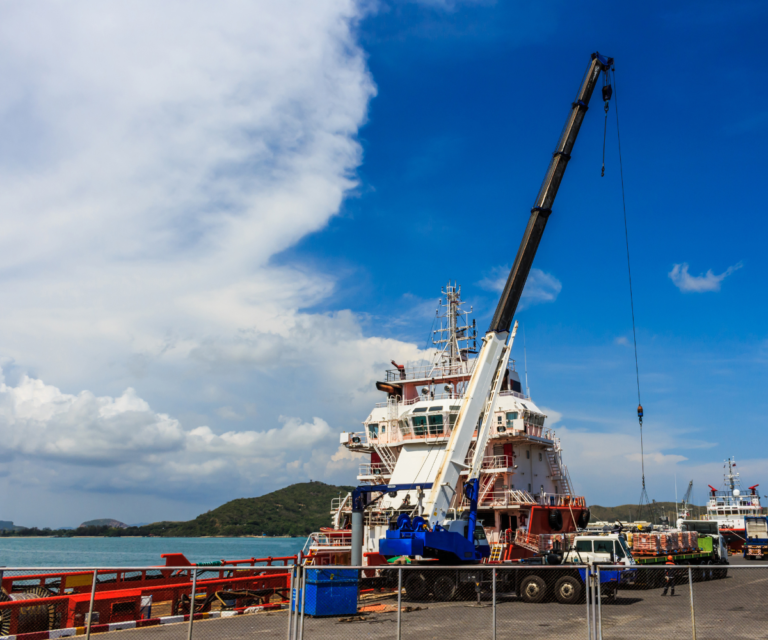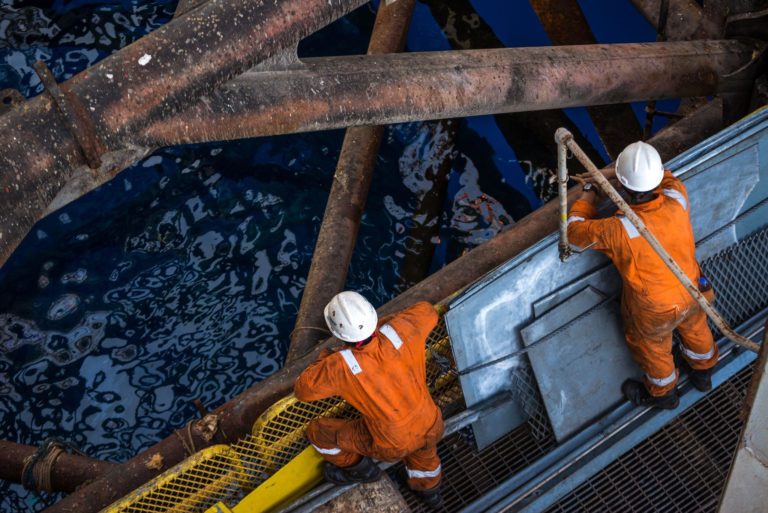As part of the responsibilities of a maritime employer, they hold a duty to provide a safe working environment for their workers—this includes taking preventive measures to avoid drug and alcohol accidents.
While it is expected that employers have a strignent drug and alcohol policy for maritime operations—considering how dangerous of an occupation the work can be—accidents still happen involving crew members under the influence.
If you or a loved one has been injured on the job due to the substance use of a fellow crew member or maritime worker, you may have rights under the Jones Act or the Longshore and Harbor Workers’ Compensation Act (LHWCA).
Risks of Being Under the Influence of Drugs or Alcohol on a Maritime Vessel
The risks to crew members of having another crew member under the influence of drugs or alcohol can be significant and have serious consequences. Some of the risks caused by the influence of substances can include1,2:
Impaired judgment and decision-making. Drugs and alcohol can impair a person’s ability to make sound decisions and judgments, which can lead to accidents, injuries, and even fatalities.
Decreased reaction time. A person’s reaction time can be significantly slowed when under the influence of drugs or alcohol, making it harder for them to respond to emergencies or avoid accidents.
Decreased coordination and motor skills. Drugs and alcohol can also impair a person’s coordination and motor skills, which can increase the risk of accidents and injuries to others.
Increased likelihood of violence. In some cases, drugs and alcohol can also lead to aggressive behavior and violence, which can create an unsafe environment for everyone on board the vessel.
Reduced situational awareness. When someone is under the influence, they may be less aware of their surroundings, which can make it harder for them to notice hazards or respond to emergencies.
Medical emergencies. Substance use can also increase the risk of medical emergencies, such as heart attacks, seizures, and strokes, which can put the safety of the entire crew at risk.
Possible Injuries from a Drug or Alcohol Related Accident on a Maritime Vessel
Injuries from another maritime worker’s substance use on the job can vary depending on the circumstances and the severity of the substance use, but when someone’s judgment, coordination and/or motor skills are impaired, accidents can result in a number of injuries, which may include:
- Slips, trips, and falls
- Burns
- Cuts and lacerations
- Head trauma
- Drowning
- Electrocution
- Death
What to Do After a Maritime Accident
Your health and safety are the most important considerations, so seek medical attention as soon as possible after an accident. It’s also important to report the incident to your supervisor or the ship’s captain at the first chance you get. You’ll want to provide as much detail as possible about the incident, including the cause of the injury and the identity of the worker who was under the influence. If you can, take photos of the scene of the accident and any injuries you sustained. Keep copies of all medical records and any other documentation related to the incident.

It is advisable to contact a maritime attorney at your earliest convenience. Navigating the complex legal and regulatory framework that governs maritime accidents can be overwhelming and confusing. A maritime attorney can help you understand your rights and options for seeking compensation for your injuries.
Contact the Maritime Lawyers at Schechter, Shaffer and Harris, L.L.P.
Schechter, Shaffer and Harris, L.L.P. is recognized nationally for our unrelenting advocacy for maritime injury victims, and we have recovered hundreds of millions of dollars for our clients. For a free, confidential case review, call 800-836-5830 today.
Sources

